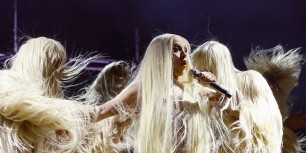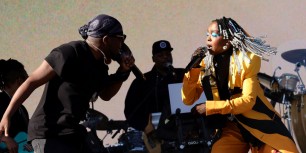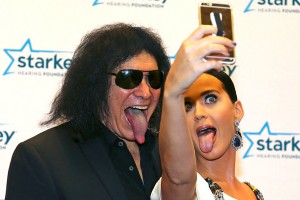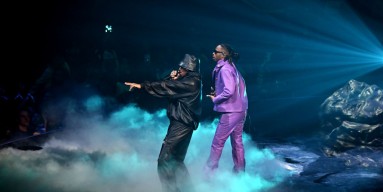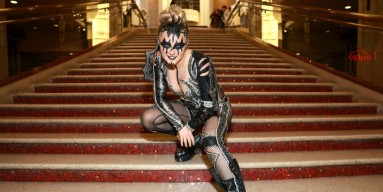Recently, the Metropolitan Opera has made headlines for all the wrong reasons. Be it pre-season labor disputes with the man Peter Gelb, opening night unrest care of Leon Klinghoffer and Rudy Guiliani or just a simple technical glitch during the broadcast at your local cinema, what's been lost as of late is a lot. Such controversies, however inflated, do obscure the institution's real mission statement. First and perhaps foremost, is the fact that the Met remains this country's most enduring repertory company. For every Klinghoffer or Iolanta premiere in 2014-15, there are as many, if not more, reheated Aidas and prefab Meistersingers. Come the holidays, highly touted new productions of Le Nozze di Figaro and The Merry Widow will run alongside evergreen faire like Il Barbiere di Siviglia and Hansel and Gretel. And, let's be honest, it is the latter, lighter of these programming options that the casual opera-goer is wont to experience there at Lincoln Center. In fact, Mr. Gelb is banking on it.
So, while we wait to see who wins the naming rights to Avery Fisher Hall right next door, the world's most popular opera performed at the greatest opera house in North America---via its most loved incarnation (Franco Zeffirelli, 1981)---should, theoretically, be enough. Well, at least worth the price of admission. Indubitably, because this was La Bohème at the Metropolitan Opera, indeed, it was. Unlike Ruggero Leoncavallo's take on Henri Muger's bohemian friends, Puccini's four-acter has been staged by the Met in all but nine seasons since its 1900 tour debut in Los Angeles, including a Ripken-esque stretch of 59 consecutive ones. Bohème is the very definition of a warhorse.
Of course, every thoroughbred needs a day off. With Kristine Opolais in Munich for Anna Netrebko's Manon, the only true star left on Friday's playbill was Mexican tenor Ramón Vargas. Alas, he called in sick, as well. Bryan Hymel, who sang Rodolfo for this revival's premiere in September, dazzled nonetheless with "Che gelida manina" in Act I, more attuned to the lovelorn (not to mention a more natural singing-actor) than Jean-François Borras might have done with the shared gig. Likewise, Bulgarian soprano Sonya Yoncheva more than held her own in her key scene aria "Sì, mi chiamano Mimì." For skeptics weary of how this new mother's lines would compare to Opolais' or Angela Gheorghiu's on alternate evenings in her debut as the consumptive neighbor-with-a-candle, be not afraid: Yoncheva duly deserved both the ovation and rose bouquet she received.
CLICK HERE TO CONTINUE READING



